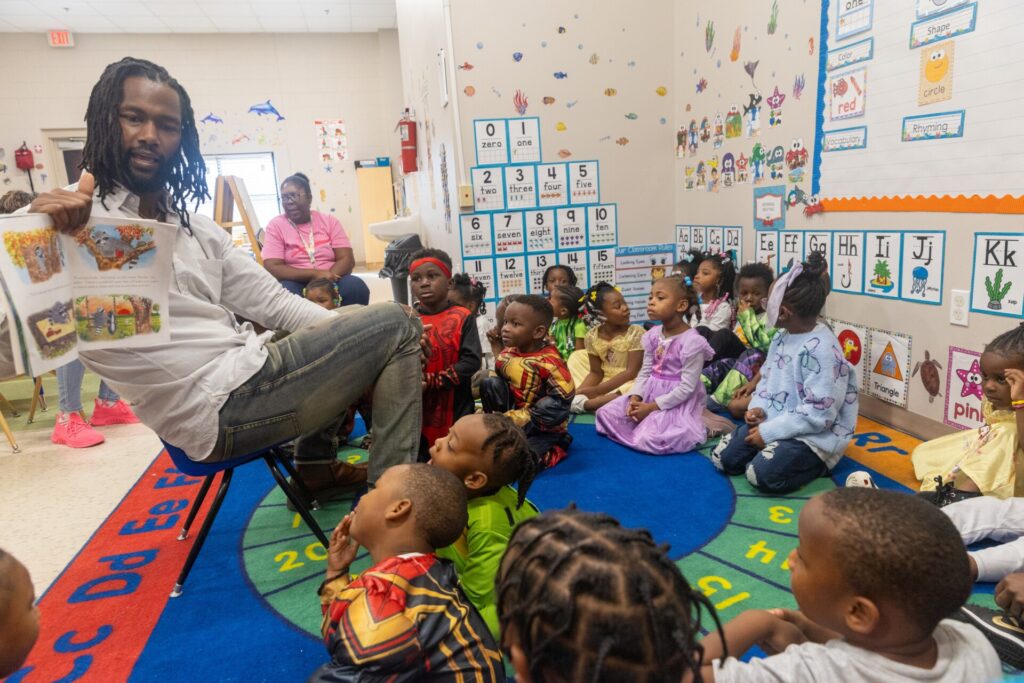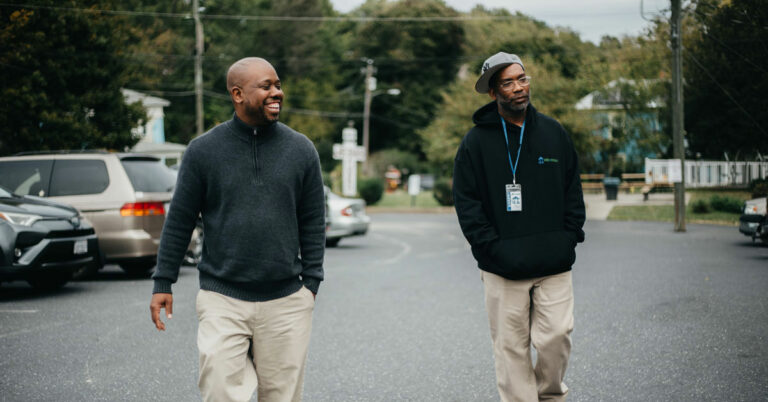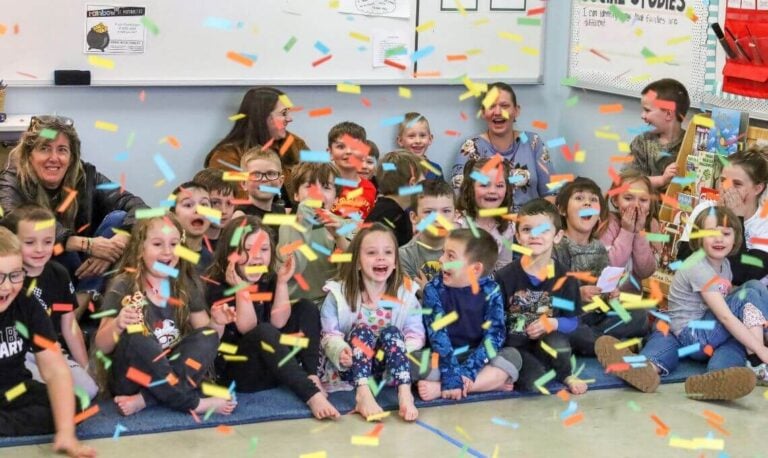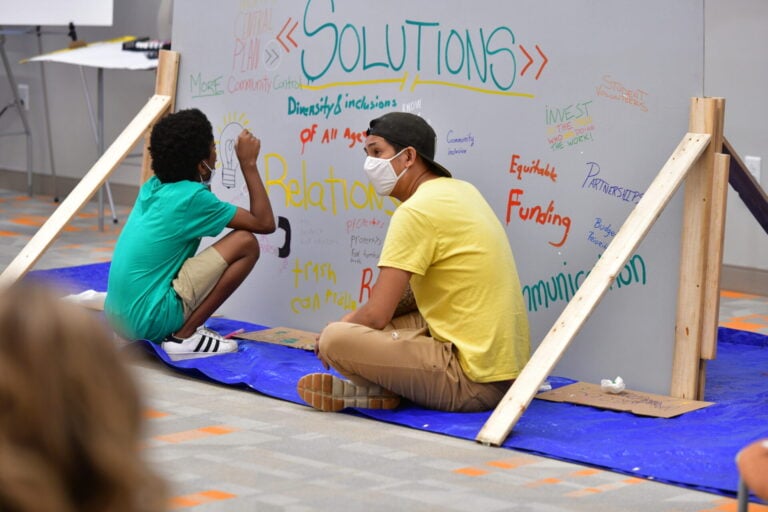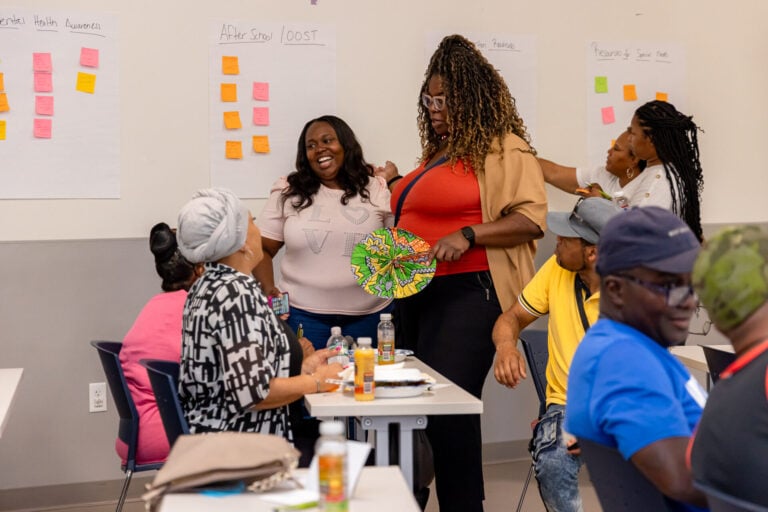The Black Belt region of Alabama gets its name from the fertile, black soil that runs across the state making the land ideal for growing crops. When a committee of local leaders started working in 2002 to create what would be the Black Belt Community Foundation (BBCF), its members crisscrossed the region to identify and lift up other community assets. Their motto: “taking what we have to make what we need.”
That by-the-community-for-the-community strain has run deep through BBCF since its founding, and it has meant that it operates to benefit the community in ways that go beyond grantmaking.
In 2017, when community members told the foundation that the organization running Head Start — an early childhood education and development program — was losing its grant, BBCF sought options for keeping the program funded. But, the foundation team quickly learned that funding wasn’t the biggest problem. Someone needed to step in to run the program, and it had to happen quickly because the school year was about to begin. Listening to the community’s needs, the choice was clear: BBCF would launch its own Head Start program.
“We had to work day and night to be able to start the program on time,” recalls Judith Hardy, the program’s family services manager. Ms. Hardy should know. She’s been a stalwart in Head Start in the Black Belt region for 35 years, helping families get their pre-school-aged children prepared for kindergarten and future academic success.
Key to getting the program off the ground quickly, serving 307 children in the first year, was working with families to stagger the start of attendance while BBCF staffed up the program. That kind of teamwork is what the foundation-run program is all about. As Ms. Hardy puts it, “We don’t just get the child in and forget about the parents.”
For many funders, this hands-on approach of directly operating a program may not be feasible, or fit in with their mission. But for BBCF, standing up Head Start was its way of listening to the community’s needs and responding in kind.
Much of BBCF’s grantmaking is conducted through participatory processes, such as by working with volunteers, called community associates, embedded in each of the 12 counties the foundation serves. BBCF took a similar tack building its Head Start program.
“Head Start has a shared governance,” notes Dr. Taquila Monroe, the program’s executive director “It’s governed by the board and by what we call the Policy Council. The Policy Council is made up of 51 percent parents and they are responsible for the direction of the program.”
Dr. Monroe, who, herself, attended Head Start before starting school, says that when she was growing up her parents were expected to be at all of the PTA meetings at her schools, but parents today often aren’t as engaged. The Policy Council is meant to ensure that the voice of the parents is always present in all decisions about how the Head Start program is run.
BBCF sees its Head Start program not only about preparing children for school, but also to encourage and train community members to make their voices heard. The foundation developed Ready Rosie, a parent engagement curriculum, giving parents an opportunity to align with what’s going on in the classroom when they are at home with the children. And fathers, in particular, are encouraged to take part in their children’s education through the AMEN (A Man Everyone Needs) program. At every touch point, the program is designed to help parents engage with their children’s education and prepare parents to advocate for their children, families, and communities.
Dr. Monroe says these engagement efforts and the program’s overall listening-first approach, which were considered during a rigorous peer review by the National Head Start Association, contributed to BBCF’s Head Start earning a prestigious five-year accreditation and recognition as a “Program of Excellence.”
To learn more about Black Belt Community Foundation, see coverage in Alliance Magazine and Inside Philanthropy. (Subscriptions may be required.)
